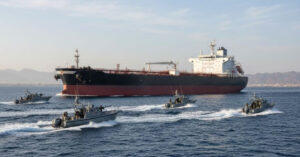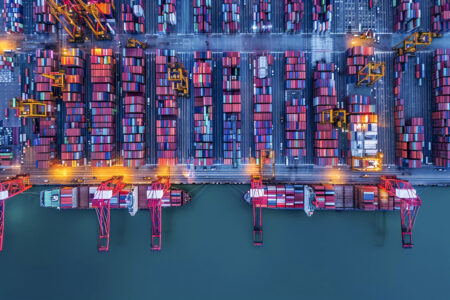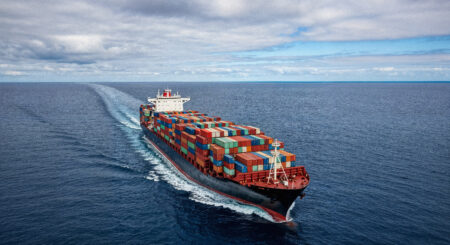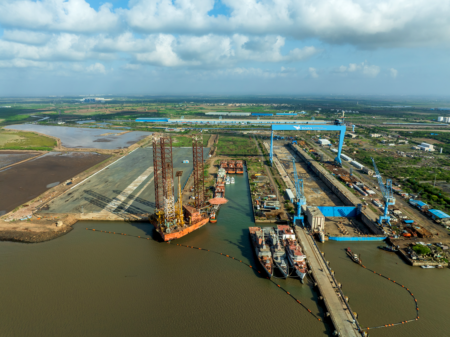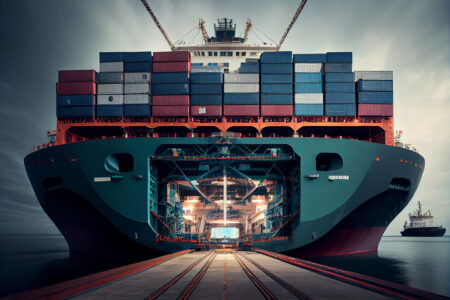A Greek-flagged tanker in the Red Sea caught fire following a Houthi attack. Rescuers had already evacuated the crew. The vessel, carrying 150,000 tons of oil, poses significant environmental risks.
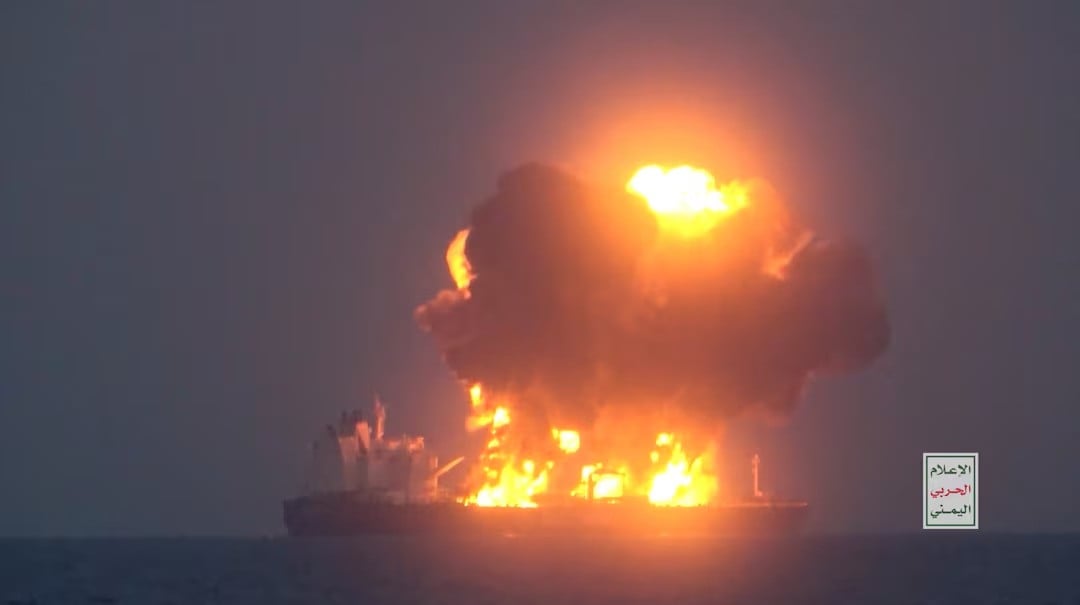
Three fires were reported on the Greek-flagged oil tanker Sounion in the Red Sea, just a day after Yemeni Houthi militants launched a series of attacks, according to the United Kingdom Maritime Trade Operations (UKMTO). The assaults have led to severe damage, including a loss of engine power, with the vessel now drifting between Yemen and Eritrea. The 25-member crew was safely evacuated by a European warship before the fires erupted.
The Houthi militants, aligned with Iran, claimed responsibility for the attacks, which they said were part of their campaign in support of Palestinians in the ongoing conflict between Israel and Hamas in Gaza. On Thursday, the Houthis announced they had targeted the tanker as part of their strategy to disrupt commercial shipping in the region.
The initial attack occurred on Wednesday, when repeated strikes ignited a fire onboard the tanker. The vessel was later left unmanned and anchored in a vulnerable position. On Friday, UKMTO confirmed reports of three separate fires on the vessel. The Houthis subsequently posted a video on social media purportedly showing their militants setting the tanker ablaze.
The Sounion was carrying 150,000 metric tons of crude oil, raising concerns about a potential environmental disaster. The European Union’s Red Sea naval mission, Aspides, warned of the catastrophic consequences a spill could have on the region’s marine ecosystem. The Djibouti Ports and Free Zones Authority echoed these concerns, noting that such an incident could mirror historic oil spills, like the 1979 disaster involving the Atlantic Empress.
The Sounion is the third tanker operated by Greece-based Delta Tankers to be targeted by the Houthis this month. The group cited the company’s alleged violation of a ban on entering Israeli ports as the motive behind the attack. Delta Tankers stated on Friday that they are working to secure the vessel and its cargo but declined to provide further details for security reasons.
The escalating tension in the Red Sea underscores the increasing threat to commercial shipping routes, with potential ramifications for global oil supplies and regional stability.



